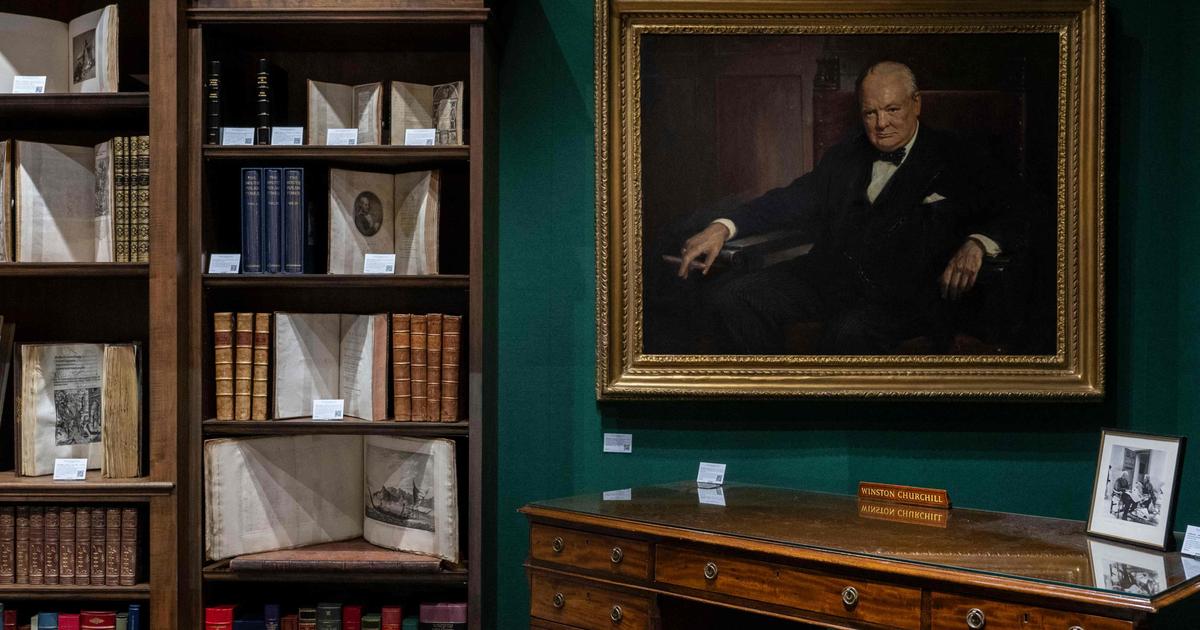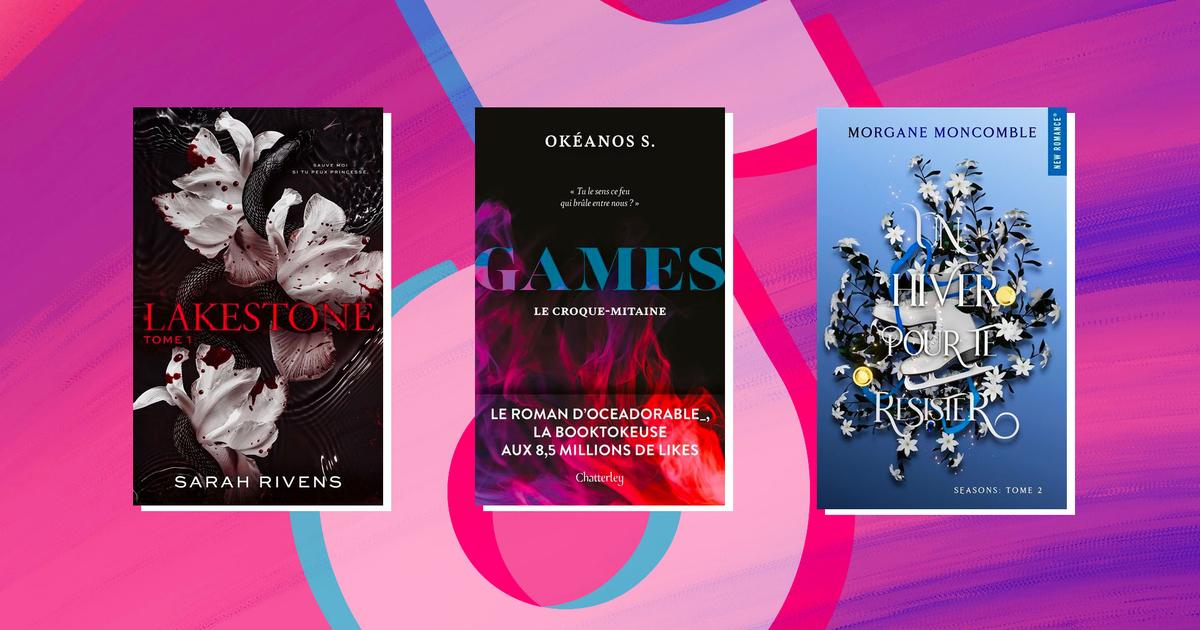It is not easy to read today in Spanish the new Nobel laureate, Louise Glück.
And the reason is not the lack of books translated into Spanish by this 77-year-old American poet, as in the case of the French, but rather the lack of copies in bookstores.
The few that were sold out, although Pre-Textos, the small and independent label that opted for it, assures that they will return to the shelves very soon after accelerating the replenishment and reprint process.
14 years ago, the publisher published its most iconic work,
The wild iris
, and despite the fact that it passed with much more pain than commercial glory, did not give up and has since translated six more titles of the 11 poetry books published in English by this unique writer.
A few hundred copies were sold and others were stored.
They did not even amortize the printing costs.
One more cult author fallen into oblivion and indifference.
However, his fortunes changed when the unexpected new Nobel Prize for Literature was announced last week.
25 years confessing
Bravery to say and to keep quiet
Louise Glück's editor and translator read her poems
"We sold more Nobel books in a quarter of an hour than in 14 years," explains Manuel Borrás, at the Pre-Texts office in Valencia.
"A literary publishing house has to bet on making this type of authors", he says before praising "the austerity, simplicity and clarity" of the writer's poetry.
"He talks about small things in a masterly way and makes them transcendent, which is to share your own experience and that the other can feel reflected," he adds.
The publisher's bet arose from a trip to New York at the beginning of this century.
A friend gave him
The Wild Iris,
a Pulitzer Prize winner, and when he finished reading it, he went down to a bookstore to buy everything he had from Glück.
"When I returned to Spain, I told Manolo and Silvia that we had to publish it," says Borrás, referring to Silvia Pratdesaba and Manuel Ramírez, who make up the trio of editors that Pre-Textos founded in 1976.
And there they are still the three in the gap, after having been graced with the fat man of the Nobel.
The latest opinion of the Swedish Academy surprised even Glück's Spanish publishers.
In the bets, Anne Carson was among the favorites, the Canadian poet whose Pre-Textos edited
Autobiografía de Rojo
that sold out in Spanish bookstores this past summer when it was announced that she had won the Princess of Asturias Award for Letters .
"Surprise" was the headline of
Liberation.
The French newspaper indicated in its pages that her books had not been published in the language of the country that has made culture its flag and drew a parallel with the 1996 Nobel Prize winner, the Polish poet Wislawa Szymborska, a great unknown outside her country .
The seven translations into Spanish of Pre-Textos, which also has distribution in Latin America, is an extraordinary case in the world publishing scene.
Now, the Valencian label wants to continue with its purpose of publishing the four missing collections of Glück's poems and trusts that its loyalty will be rewarded to also publish its collected poetry in one volume, a book that was highly celebrated in American literary circles.
Jealous of her privacy
The Spanish editors do not know the author personally, "very jealous of her privacy," says Borrás, while Pratdesaba adds some information or name from her computer and Ramírez goes in and out of the publisher's sunny studio, located in the Russafa neighborhood before his gentrification.
The editor recalls that the poet apologized shortly after the three-minute interview she gave the official journalist of the Swedish academy began, because her coffee was getting cold and she had to leave.
Glück, however, did know Pre-Textos before being its editor in Spanish.
When he saw the collection of poems
Just a song
by his friend the American poet Marck Strand that the Valencian publishing house published for him in 2004, he asked him “what had to be done to get an edition as beautiful as this one”, says Borrás.
Before long, Glück's literary agent knocked on the door of Pre-Textos, which had just decided on his own to try to include it in his catalog, he adds.
A happy coincidence that, however, did not have its counterpart in the reception of his books in Spain, even among the most knowledgeable and fond of poetry.
Borrás points to several reasons, among them, the voracity of a market flooded with news, the lack of cultural prescribers in the media as there was in the past and the omnipresence of large publishing groups that leave the most literary and independent publishers without visibility , with a priori little commercial bets and with much fewer resources to promote them.
Borrás speaks of a phenomenon detected both in Spain and in the international arena: “Never have criticism or cultural journalism been more subservient to large publishing groups.
How is it possible that a review of a certain book published by a certain publishing group appears synchronously in all newspapers?
I don't mean to ignore these bestselling authors.
I also believe in industrial publishing and not in a Manichean divide.
In the literary and independent edition there is also a lot of posturing.
But I think a balance can be established. "
The editor maintains that literature in Spanish and Portuguese both that cultivated in the Iberian Peninsula (also the Catalan one) and in Latin America is experiencing an exceptional creative moment, only comparable to that of Anglo-Saxon literature.
From this last area comes another poet that the Valencian publishers highlight, the British Alice Oswald.
It is the last bet of Pre-Texts.
When Elías Canetti came to the rescue of the publishing house
Pre-Texts had been going for almost five years when things got really tough.
Publishing from Valencia, outside the industry centers of the sector —Barcelona and Madrid—, was an added obstacle to consolidating the label.
It was then, in 1981, that Elías Canetti was awarded the Nobel Prize.
Pre-Textos had published that year 'The voices of Marrakech', by the writer of Sephardic origin and the book became a success.
"It was providential and saved the publishing project," says Manuel Borrás.
They also bet on 'Reduction of sentence', by Patrick Modiano, five years before winning the Nobel in 2014. Pre-Textos has a careful catalog with some 1,600 titles of all genres, which includes authors such as singer Nick Cave (with his novel 'And the ass saw the angel') or the thinkers Gilles Deleuze or Guy Debord, authors of 'A thousand plateaus: capitalism and schizophrenia' and 'The society of the spectacle', respectively, which constitute two long sellers, the two greatest successes of the publisher that last.

/cloudfront-eu-central-1.images.arcpublishing.com/prisa/FR4B2H4XVBHLPJQHW5ORVUOIDQ.JPG)






/cloudfront-eu-central-1.images.arcpublishing.com/prisa/BY22V52JGRHFNFQGPXLPPDLKUI.jpg)
